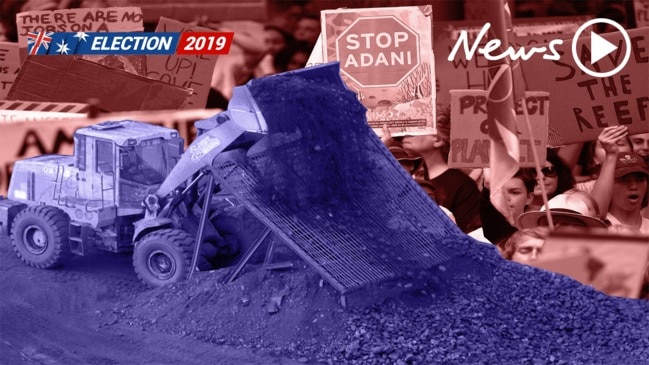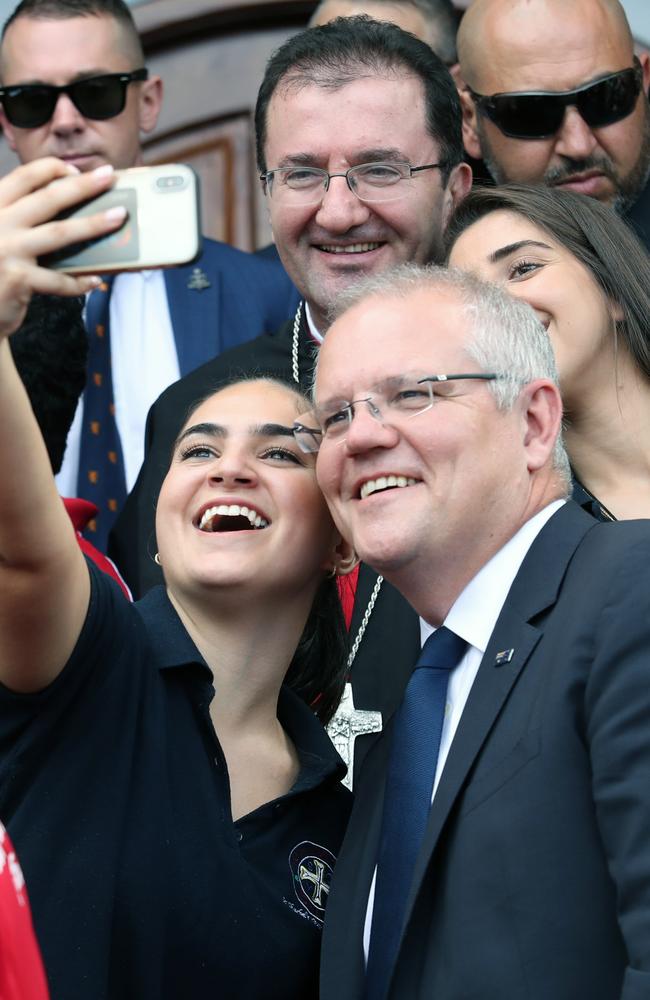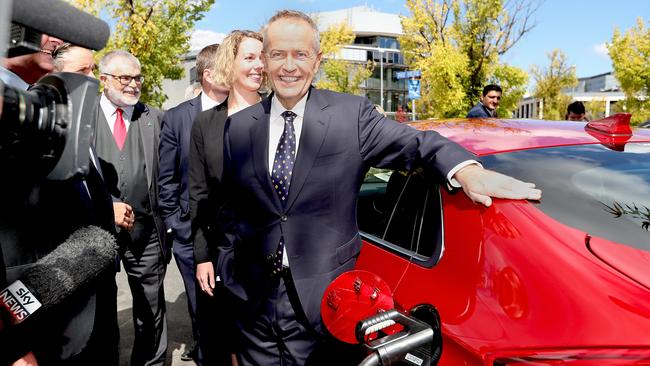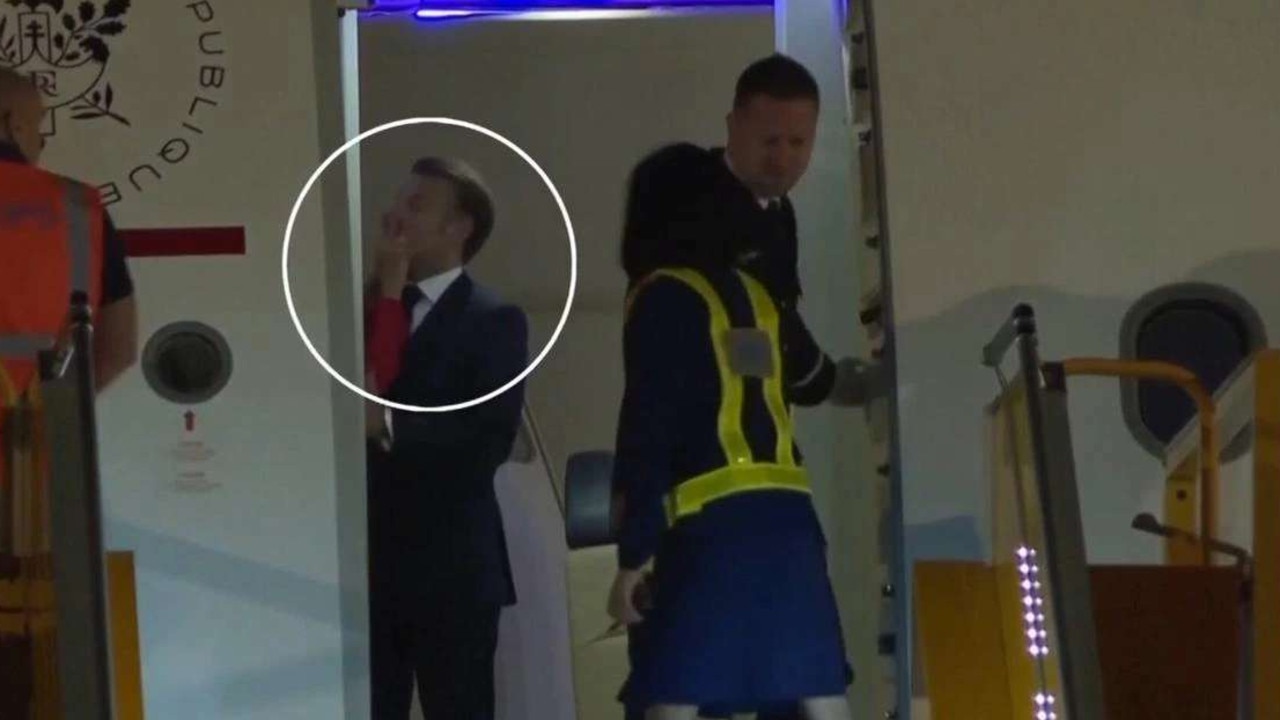David Speers: Scott Morrison is the man with the momentum (this week)
Prime Minister Scott Morrison is now the man with momentum after Labor’s costly stumbles on an issue that has hurt them before.

It takes a certain amount of chutzpah for this government to attack Labor over the impact its climate and energy policies may have on the economy.
Energy prices have only gone up since Tony Abbott axed the “Carbon Tax”. Everyone knows it. The indecision and infighting in the Coalition in the past five years has unquestionably hurt households and business.

MORE OPINION:
Stop putting dead women in the ‘too hard’ basket
Why it’s hypocritical for sponsors to target Folau
Luckily for the government, Scott Morrison is not lacking in chutzpah.
When Bill Shorten stumbled and struggled this week, the Prime Minister belted his opponent.
The Opposition Leader’s gaffe on superannuation was a bad look but won’t be an ongoing campaign sore.
After suggesting he didn’t have any plans for higher super taxes, Shorten mopped up the next day with an admission he should have better explained Labor’s previously announced policies.
The bigger problem for Labor in this campaign is trying to explain its climate policy.
Just as the government has been guilty of chopping and changing, Labor has also gone through some twists and turns since Julia Gillard’s Carbon Tax.
It’s landed on a cobbled-together series of measures that try to deliver all gain and no pain. That’s simply not possible.
Labor’s policy should have been settled, announced and ventilated well before the heat of an election campaign, just as Labor’s planned changes to negative gearing and franking credits were.
Instead, Bill Shorten waited until the day before the Budget (April Fool’s Day) and the eve of an election to reveal Labor’s latest stab at a climate policy.
Surely a glance at recent history would underscore how vexed this issue has been for both sides of politics and the need to get every detail right.
Labor’s preferred approach is still to bring back Malcolm Turnbull’s National Energy Guarantee.
But, in a sign of its ongoing timidity in this area, Labor says it would only be willing to revive the NEG if there is bipartisan support from the Coalition.
This sort of cross-party hand-holding on climate and energy policy might be the dream of the business community, but it’s never going to happen.

Even if the Coalition were wiped out at the election (a scenario looking far less likely now), it’s hardly likely to begin its stint in opposition with a humiliating admission that Turnbull was right all along on the NEG, bow down to the might of a newly-minted Shorten government and wave it through.
So Labor is instead taking its Plan B to this election: a grab-bag of policy ideas.
There’s $1 billion for hydrogen power, rebates for household batteries, new vehicle emissions standards, a 50 per cent target for electric cars and a requirement for 250 companies to slash emissions.
Sitting over all of this is the ambitious target to lower emissions by 45 per cent by 2030.
The government has also landed on a mishmash of policies aimed at maintaining the current ceasefire within its own ranks over climate policy.
There’s an extra $1 billion for its Emissions Reduction Fund, a “default” price cap, a “big stick” being waved at power companies, and taxpayer underwriting of solar, wind and a little bit of coal. The government’s less ambitious target is to lower emissions by 26 per cent.
Both sides bravely insist their policies won’t hurt the economy. Frustratingly, there is no current independent modelling that compares the myriad plans.
The closest thing is the analysis of respected economist and former Reserve Bank board member Warwick McKibbin, carried out four years ago for the Abbott government.
It showed a 45 per cent emissions reduction could have roughly the same impact as a 26 per cent target, if businesses are permitted to use cheap international carbon permits.
This is a key part of Labor’s plan.
McKibbin says his “back of the envelope” assessment today remains the same, although he hasn’t factored in the government using “carry-over” credits from the old Kyoto Agreement. This brings its actual emissions target down to an easier 15 per cent.
Most voters are hardly going to follow the intricacy of all this. They’re likely to accept Labor wants to do more about climate change and that this will come at a higher cost.
Shorten’s problem this week was he looked like he either didn’t know or didn’t want to talk about that cost.
He first tried to ignore the cost question as a persistent journalist refused to let go.
Shorten then lashed out at News Corp and the government rather than providing an answer.
This is a basic question Labor should have dealt with well before the campaign began.
Ultimately, these stumbles in week one may not matter much in the end and Shorten might be right in betting there are more voters keen for stronger action on climate change.
But momentum is important in a campaign and this week it was with Scott Morrison.


